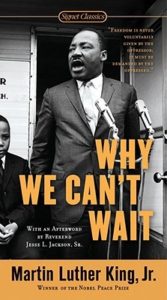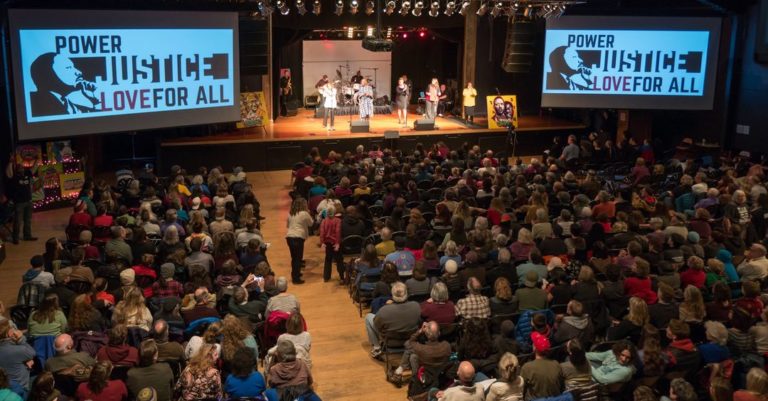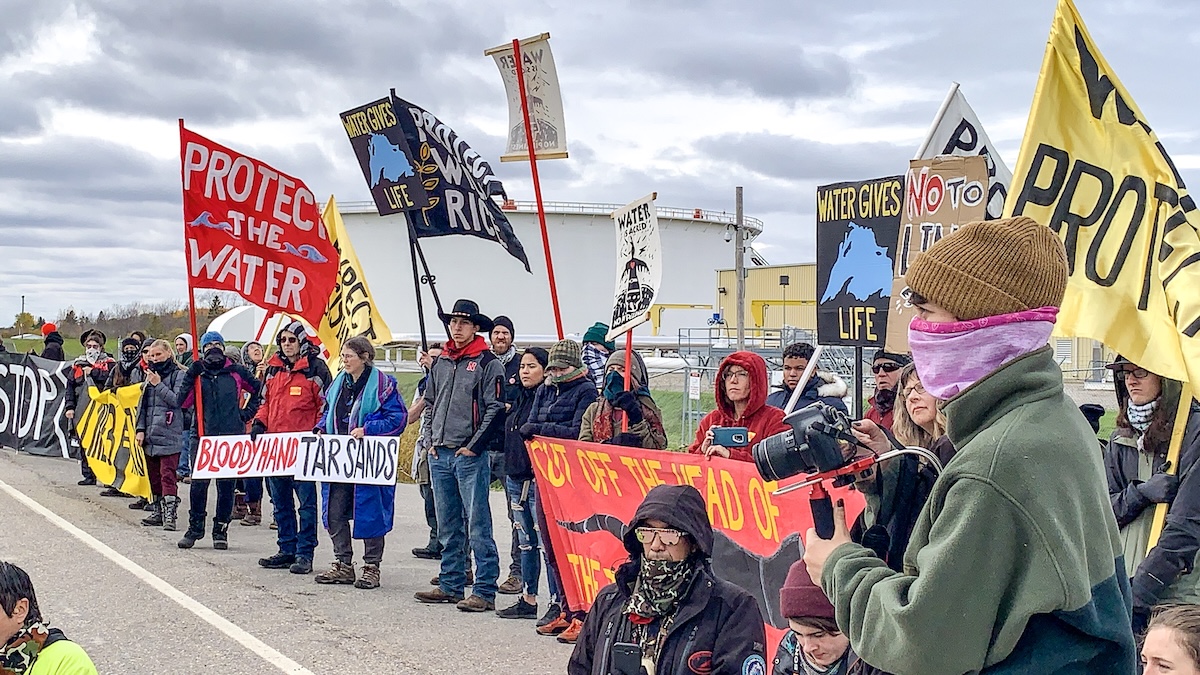by Elizabeth V. Hallett, Peace House
Observing Martin Luther King Day in Ashland has changed from the pre-Covid times of gathering together in an auditorium to sing and enact the words and values of Dr. King and the Civil Rights Movement.
This year, like the past two, most events honoring King will take place online and in Southern Oregon: BASE will broadcast a premiere of a new film titled, “Martin Luther King, Jr: Our Voices,” at 2 p.m. on Monday, January 17. Just before the zoom event, a “COVID-safe,” in-person gathering and broadcast of King’s “I have a Dream” speech will take place at 12:30 p.m. at the Ashland Plaza.
We face a dangerous fragmentation as a society, in part because of the digitized formats for community engagement. While the Zoom format and social media can bring communities together, it can also create distance among participants and “silos” where people working for the same values face isolation and a lack of cohesion needed to build powerful movements in order to address the inequities we face in 2022. This is especially important because we live in a culture riddled with divisions – like the contrast between those who embrace the revelations of Afro-American History’s painful past, and those who want to gaslight what happened. While some people work feverishly to create voting problems for communities of color, others still march for justice, voting rights, and equality.
A friend recently wrote:
“When I first participated in the marches in the sixties, my first thought was that all of us were marching for the millions of African Americans dead and buried that were unable to express themselves due to fear of repercussions, i.e. lost of jobs, beatings, lynchings, etc. That was a powerful motivator!”
Indeed, when George Floyd was murdered, the nonviolent manifestation of Dr. King’s leadership rose up and today’s civil rights leaders filled the streets with marches all over the country, despite threats from the pandemic. The core message of these marches, that Black Lives Matter, would become the barometer for a new wave of Black visibility in the US, beginning with the video that showed a grotesque and racially-motivated police murder, captured on a 17 year- old woman’s phone for the whole world to see. The immediacy of that killing brought into sharp focus the message of Dr. King’s “Letter from the Birmingham Jail,” in which he explained “Why We Can’t Wait.”
 The urgency expressed in that letter from Birmingham jail, written to more conservative members of the clergy who worked with Dr. King at the time, could not be more apropos now, as the US Senate faces a deadlock over a new voting rights bill. The new bill, named after the famed civil rights leader John Lewis, aims to counteract state-led efforts to suppress voting rights. Since the 2020 election, eighteen states have expanded voting access, but nine states have restricted access and five have legislation pending to restrict access to make voting in communities of color more challenging. *
The urgency expressed in that letter from Birmingham jail, written to more conservative members of the clergy who worked with Dr. King at the time, could not be more apropos now, as the US Senate faces a deadlock over a new voting rights bill. The new bill, named after the famed civil rights leader John Lewis, aims to counteract state-led efforts to suppress voting rights. Since the 2020 election, eighteen states have expanded voting access, but nine states have restricted access and five have legislation pending to restrict access to make voting in communities of color more challenging. *
With the anti-equality culture of those trying to slant or limit the voting demographic to those who are mostly white conservatives, the Civil Rights legacy of the sixties is in danger of extreme repression. The “evil triplets” of racism, militarism and materialism,” which Dr. King warned us about, have grown exponentially with escalating hate crimes, the passage of the largest military budget in history, and the specter of commercialism in the form of instant Amazon orders flooding the postal systems.
The paranoid uproar over “The 1619 Project” being used as a textbook in schools is a symptom of how fragile white folks are as a culture, and how unwilling people are to take accountability for the intersectional trauma of slavery and racial discrimination that could be healed if we chose to focus on unity and compassion.
“The 1619 Project” is a remarkable gift of a book, initiated by New York Times writer Nikole Hanna-Jones, as a collection of writings that can educate us all about the rich Black voices in our American literary culture. The uproar – attempts to ban the use of the book and critical race theory in public schools – is a tragic response to the necessary process of learning and owning our shared history. Some people would choose to make this all past tense, rather than, as many white folks seem to be doing, replacing white fragility with an open-hearted desire to acknowledge the past – and take accountability to support real healing and change.

In the MLK Day event presented by BASE Southern Oregon, as listed below, is the recommendation that we read and share our thoughts about Dr. King’s prophetic last book from 1968, titled, “Where Do We Go From Here?” Peace House applauds the idea that, in our own Southern Oregon communities, we might participate in a discussion group about the wide-ranging and timely thinking Dr. King left behind in this book.
We might also engage in sharing through book groups the readings from “The 1619 Project,” offered first, in her eloquent introduction, where Nikole Hannah-Jones traces her own increasing awareness of the legacy Black voices first through her father’s silent but definite statements of dignity and resistance. Then through the collection of iconic expressions of men and women and their lived experiences, hearts and minds. We must all keep marching in our hearts and minds.
In the introduction to Dr. King’s “Where Do We Go From Here,” Vincent Harding writes:
“His words to the black middle class provided an excellent opportunity for King to clarify again what he meant by America’s constantly misused word “integration.” Dr. King wrote, “Let us not think of our movement as one that seeks to integrate the Negro into all existing values of American society…Let us be those creative dissenter who call our beloved nation to a higher destiny, to a new plateau of compassion, to a more noble expression of humanness.”
If you are interested in joining a discussion group about these or other books, contact Peace House. We can use these books to elevate and deepen our sense of community, address racial inequality in our community, and begin to take ownership of our individual role in perpetuating racist policies and practices in 2022.


